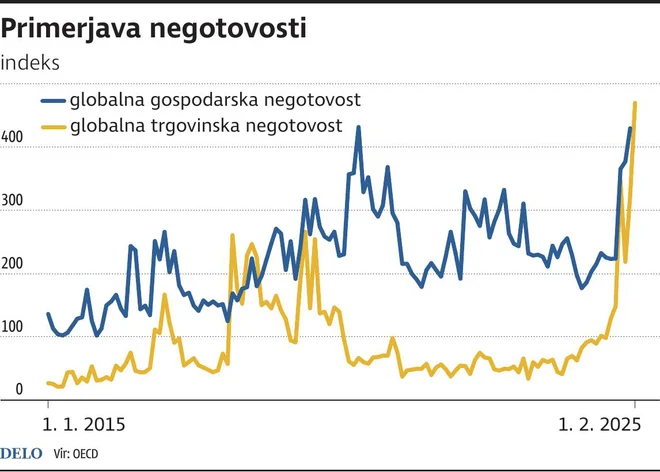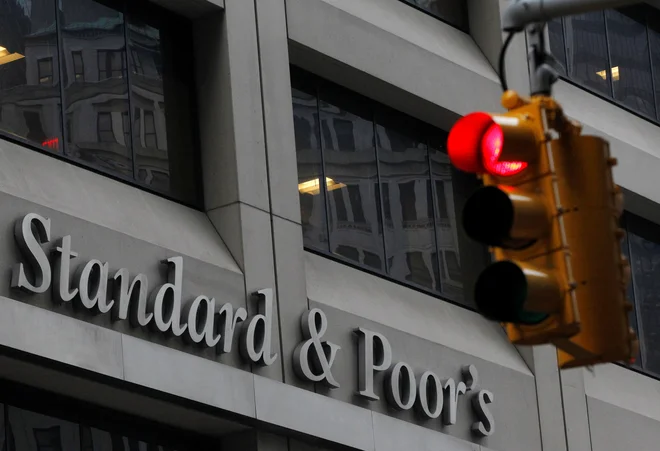Tectonic shifts in global economy

Capital markets and macroeconomic backgrounds are increasingly intertwined. Not only as a reflection of economic indicators, but also as a mirror of political movements, structural transformations and changed global power relations.
The beginning of this year is marked by an unusual period in global capital flows. The long -standing dominance of US shares, which were almost synonymous with global optimism, began to fade, and Europe and China gradually gained attraction. This shift does not come from the internal weakness of the United States, but from a change in the perception of market players. The key question today is whether it is a temporary deviation or structural shift that will change capital flows in the long run. In any case, the awakening of Europe and the partial closing of the largest economy in the world cannot remain without consequences.
US Robust, Europe Awaken
The US economy remains robust so far. Reducing growth forecast from 2.1 to 1.7 percent, strong banking sector and sustainable consumption do not indicate a serious recession. However, the beginning of the year began with too much expectations. The markets incorporated a scenario of tax relief, deregulation and expansive fiscal policies under Trump’s administration. But reality, sharpened trade rhetoric, fiscal tightening and uncertainty about political stability, caused the plant. Inflammation expectations have increased and reduced the estimates of future economic activity and business profits. This combination often signals the initial stages of stagflation, a phenomenon that is among the most unfavorable for capital markets.
TD1 Comparison of Photo GM IGD
At the same time, Europe, which has long acted as synonymous with caution, uncertainty and institutional slowness, began to show signs of determination. For the first time in a long time, the European Commission and key Member States have reconciled on the implementation of ambitious fiscal reforms. The use of unconventional funding sources for strategic areas reports to the markets a clear intention that Europe no longer wants to satisfy itself with a passive role. He wants to become a proactive actor with more autonomy.

Roman Zidarn, Triglav Funds Photo Triglav Skladi
Markets are rewarded for now. For example, the German DAX stock index has been significantly strengthened. Investors are more attentive to European companies that could take advantage of the priority areas of new industrial policy. These include companies with technological, energy, infrastructure and UI component, which can be involved in a broader strategic plan for Europe. After decades of defensive position, it can be suspected that the Union is again striving for the position of innovation force, not just a regulator.
Awakening Europe could be the beginning of a new phase in which geopolitical lessons have created conditions for greater unity, strategic independence and institutional flexibility of the past decades. If the initial steps go to the consistent implementation of structural reforms, the consolidation of capital markets and the increase in technological sovereignty, the next decade for the European economy may be one of the turning points.







